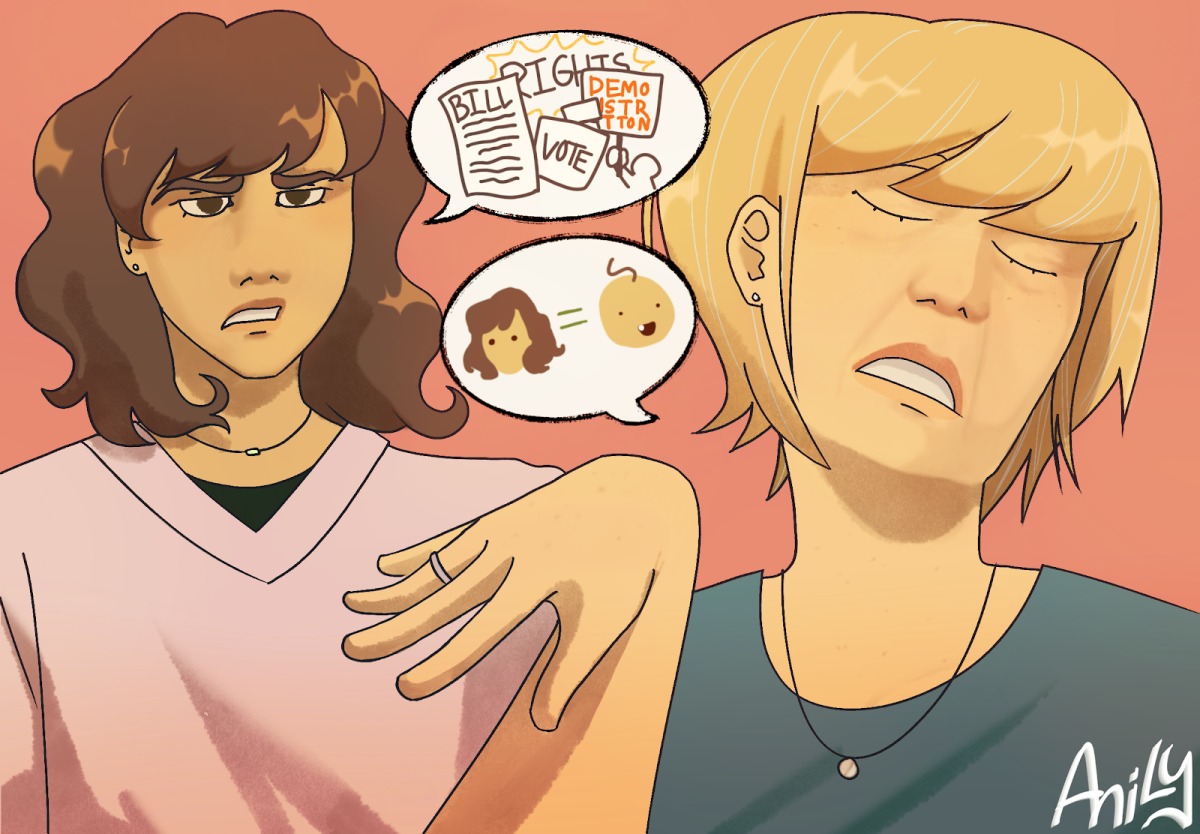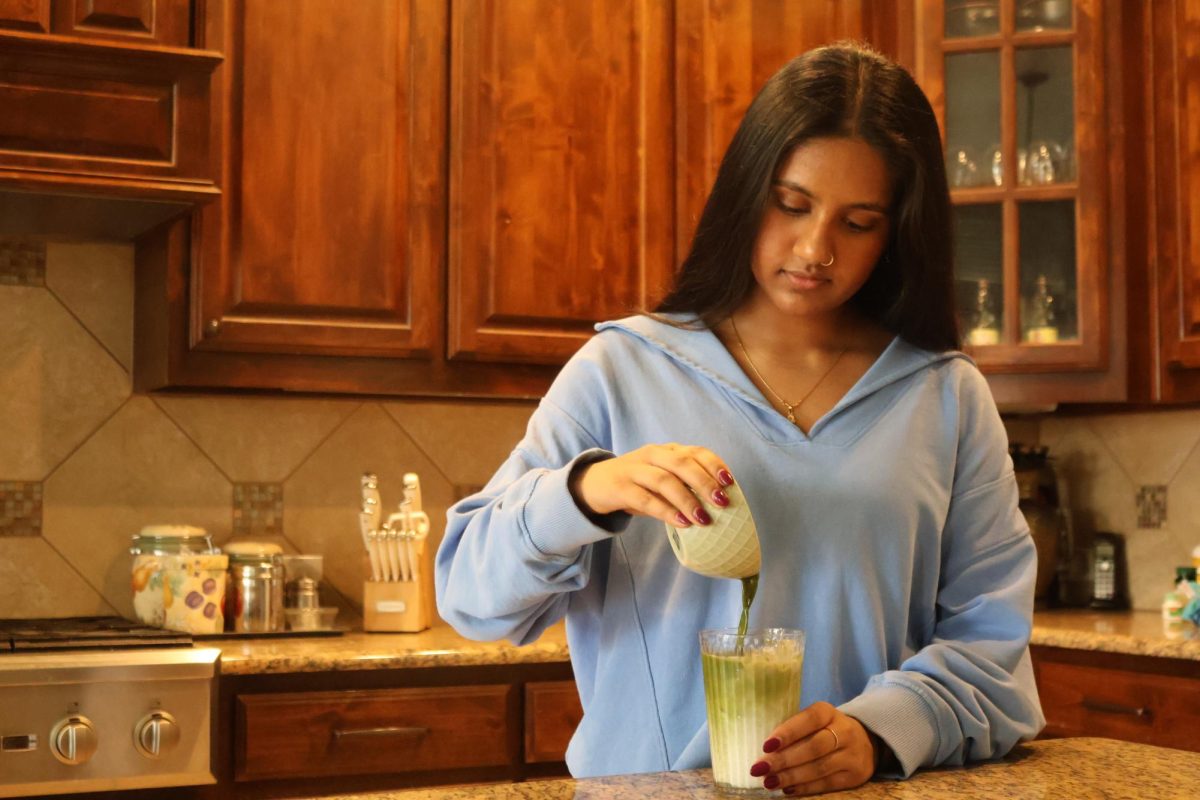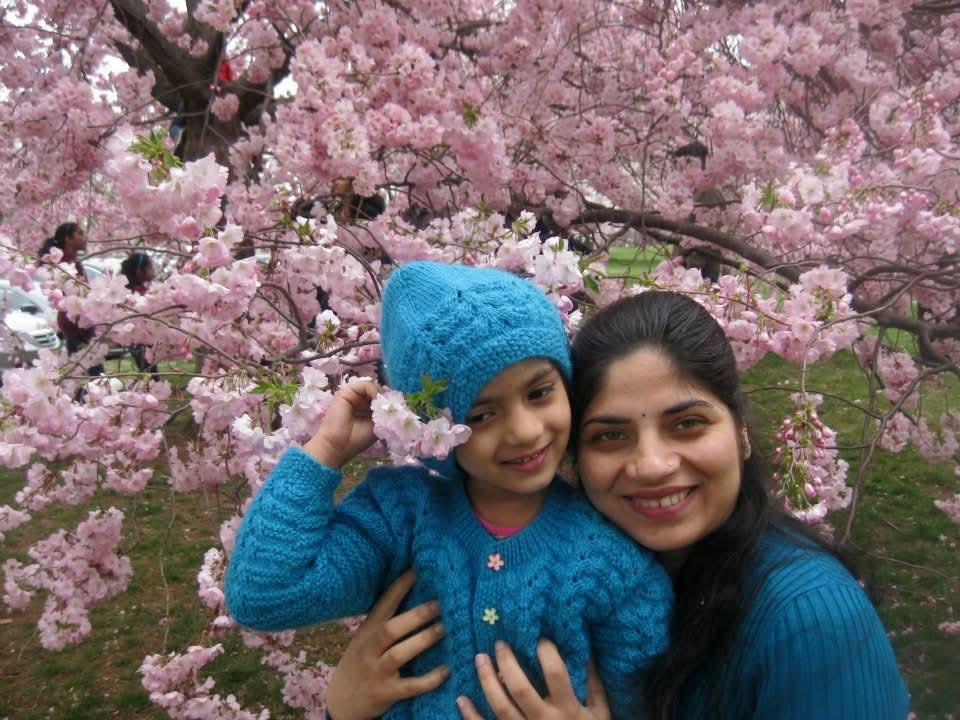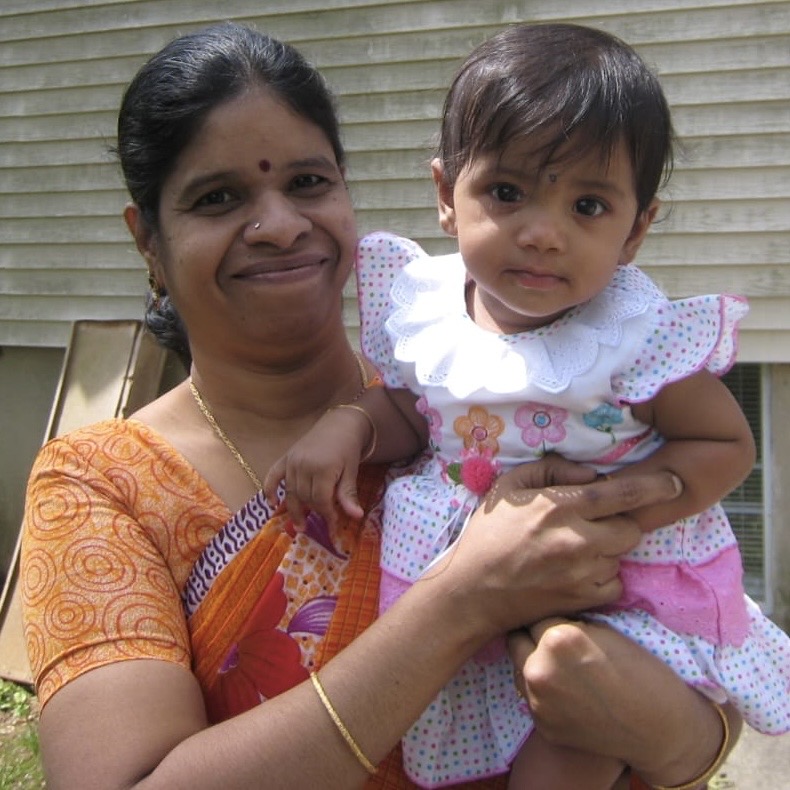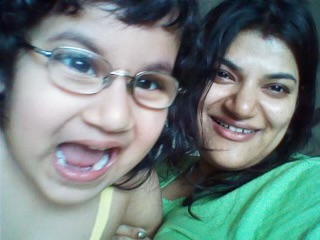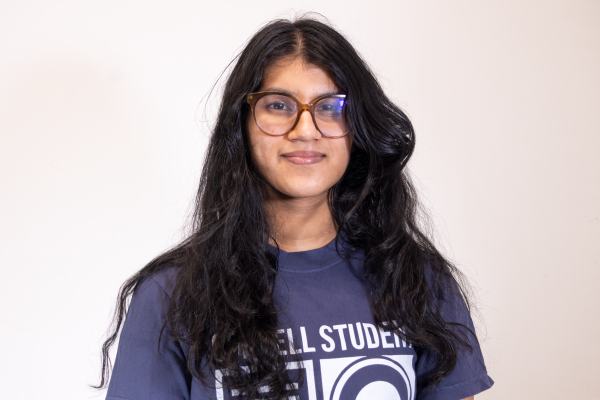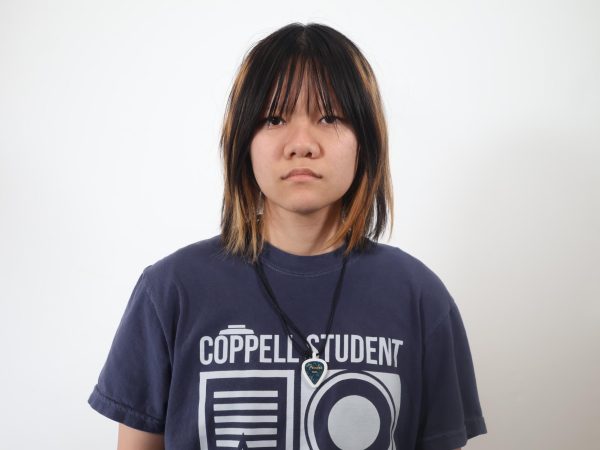You’re just a kid! You wouldn’t even understand anything about politics!
Wow, I’m surprised you know that.
Do you even know what their policies are?
These are all things I have heard being said to me or a friend while discussing something political. Considered too young, my political opinions have been dismissed by people – usually adults – when I attempt to speak on anything political. Whether it is my own family or a stranger, they immediately conclude I don’t know much about politics.
A few years ago, I did not pay much attention to politics. I honestly did not care that much about it, but that was until more people in my age group started to bring up the topic. That was when I realized how important politics is for me and those surrounding me. United States politics is what would determine decisions as crucial as reproductive rights, crime rates, gun violence, women’s rights, LGBTQ rights and the climate crisis – all being things I ultimately care about, piquing my interest in politics and policy.
Millions of young people across the state, country and globe care about politics. At CHS, I hear political conversations all around the hallways and classes. Just as I write this column, I can recount just an hour ago in my computer science class when I heard people talking about Vice President Kamala Harris’ policies.
Older generations think they know much more about politics than the youth and youth opinions do not matter. It is true that older people dominate U.S. politics, however, the fact that younger generations don’t know about politics is simply not true.
As a high school student in Coppell, I can see it for myself. I see Coppell students canvassing for political campaigns with Cassandra Hernandez; I hear Coppell students debating policies; I feel the excitement as major political events, such as debates and elections, draw close.
Generation Z consists of individuals born from 1997 to 2012. Within this range, millions can vote, making the younger generation a key element of today’s politics. Through the use of social media, it is easier for politicians to connect with young people and spread their ideals today. However, decades prior to social media, it has been young people of past generations who have fought for and won over many rights citizens have today.
For example, the Supreme Court supreme case Roe v. Wade was decided in 1973 when Jane Roe (Norma McCorvey) was just 25. Additionally, throughout history, it was always the younger generations bold enough to protest and fight for women’s rights, colored people’s rights, LGBTQ rights and protective rights.
Looking beyond the United States, it is the same case. Many young people around the world have been boycotting companies or public figures who have shown support for Israel despite their countries supporting them in retaliation to the Israel and Hamas conflict. Gen Z influencers use their platforms to raise money for Palestinian families.
While older people are already involved in politics, it’s crucial for us to continue to show the world that youth can make an impact on the political state if we have any hope of changing their minds.
We are the future of our country. Eventually, we are the ones who will be in office. Young people are the future lawyers, governors, senators, judges and even presidents; their perspectives and actions surrounding politics should not be ignored or written off as ‘childish.’
Youth involvement in politics has always been significant. In the past and present, younger people have always been fighting for rights and justice. Our voice should not be undermined in politics.
Follow @CHSCampusNews on X.



